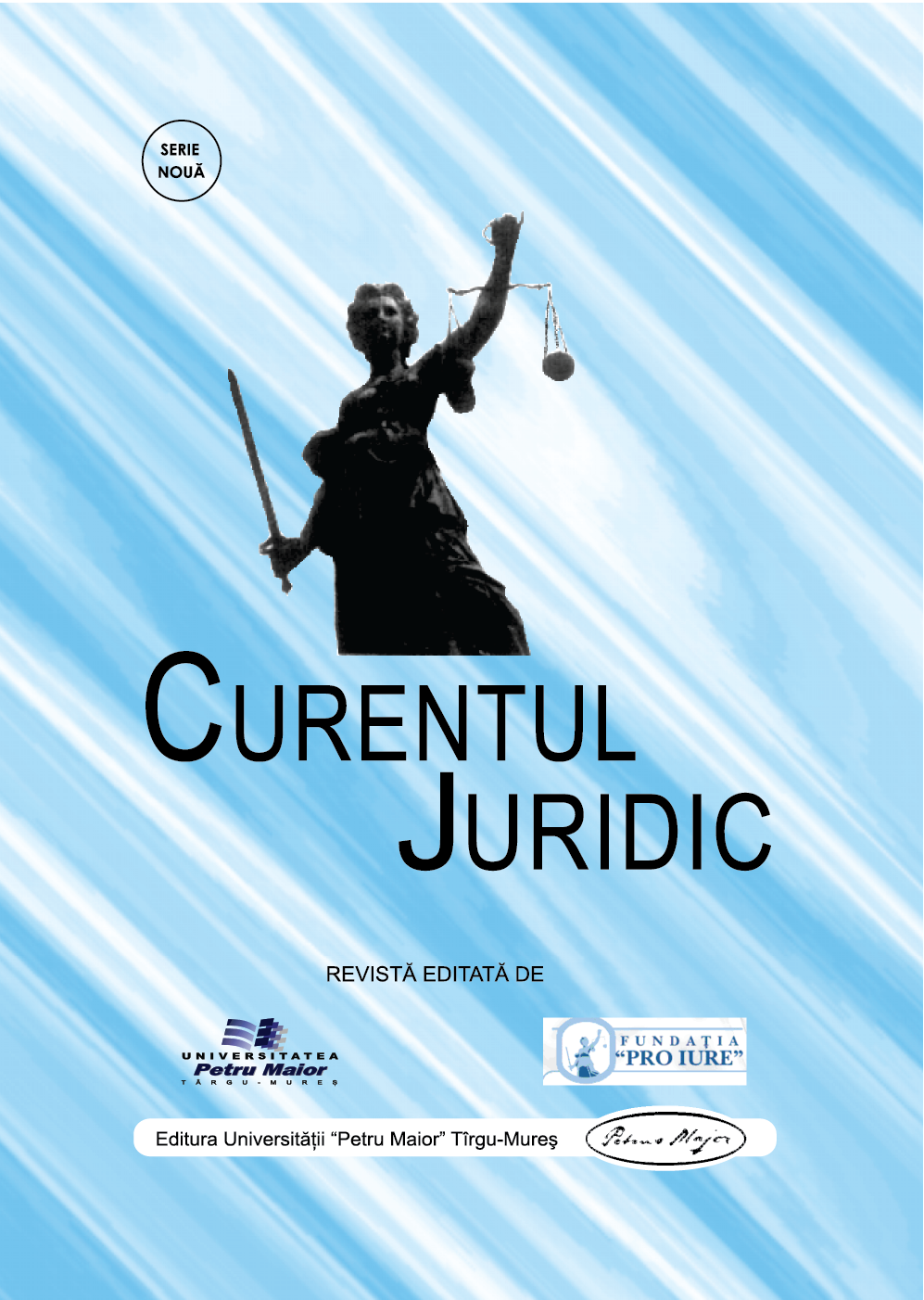PROFESSIONAL DEVELOPMENT AND LEGISLATION ON TEACHER TRAINING IN INCLUSIVE EDUCATION
PROFESSIONAL DEVELOPMENT AND LEGISLATION ON TEACHER TRAINING IN INCLUSIVE EDUCATION
Author(s): Sorina Mihaela BălanSubject(s): Social Sciences, Education, Law, Constitution, Jurisprudence, Adult Education, Inclusive Education / Inclusion, EU-Legislation, Administrative Law
Published by: Editura University Press, Universitatea de Medicina, Farmacie, Stiinte si Tehnologie “George Emil Palade” din Targu Mures
Keywords: Professional development; Competences; Legislation in inclusive education; Support teache; Recognition of diplomas;
Summary/Abstract: This paper begins with the presentation perspectives of inclusive education policies, highlighting the fact that education for children with special educational needs is experiencing significant developments in Europe. Thus, the countries of the European Union are followers of the realization of education according to the principle of integration of people with special educational needs. The effective implementation of inclusive education involves the proper training of the main actors of the educational process, an important role having the training of teachers. The skills required of a support teacher are methodological skills, communication and relationship skills, psycho-social skills and career management skills. Models of training of existing teachers in the states that have the experience of inclusive education, in the United States of America, Great Britain, Spain, are presented. Italy, Germany, Republic of Moldova. A distinct part of the paper refers to the legislation on inclusive education and the organization of educational support services for children, pupils and young people with special educational needs integrated in mainstream education in Romania. A section dedicated to legislation on inclusive education in Italy is followed by information on how to become a support teacher in Italy.The case study addresses the situation of diplomas obtained in other European countries and not recognized in Italy. Reasons are given for rejecting the files of graduates of Spanish and Romanian specialization courses in support of students with disabilities. The echoes and opinions regarding the recognition of studies and the admission in the teaching staff of Italians who have completed their studies in European countries are presented from two perspectives: the first of Italian citizens who obtained the qualification for support teacher in Italy and the second perspective of those who have obtained qualifications in other EU countries. The case study are presented the emergencies in protection of the rights deriving from obtaining the qualification, recognized according to the International System for the Recognition of Qualifications. In conclusion, it is a right of every European citizen to take courses in the EU and be recognized in their country of origin but the recommendation is that graduates of such courses should know that there is no European system for automatic recognition of university diplomas.
Journal: Curentul Juridic
- Issue Year: 87/2021
- Issue No: 4
- Page Range: 81-98
- Page Count: 18
- Language: English

